Give way to pedestrians sign You must give way to pedestrians crossing the road that you are turning into. You must report a crash to the police if: School zone speed limit signs A school zone speed limit sign will tell you the reduced speed limit that you must drive within when driving in the school zone. The sign also shows the times and days the speed limit applies. Schools that have campuses on both sides of a road can have all day school zone speed limits (as children cross the road throughout the school day). These signs show the times the speed limit you must follow applies. See school zones, parking and pick up to find out more. Stop sign (hand held) Traffic controllers hold stop signs to help control traffic on work sites. You must stop and stay stopped until the traffic controller allows you to drive through. You must not have your headlights on high beam if another vehicle is closer than 200m to you—this includes when you are following someone and when they are driving towards you. You may flash your headlights briefly before overtaking another vehicle, but make sure they do not dazzle other road users. You may be fined for incorrectly using your high beam lights. Transit lane restriction sign You can only drive in a transit lane if you have the minimum number of people during the days and times shown on the sign: Buses, taxis, limousines, bicycles, and motorcycles can travel in transit lanes with or without passengers. You must dip your headlights from high beam to low beam when an oncoming vehicle is within 200m. Always stop and wait until the lights have stopped flashing before safely crossing over a train line. At a dual -lane roundabout, you can you the left or right lane to go straight through- unless the lane markings tell you otherwise Shared zone signs A shared zone is an area where pedestrians and vehicles share the road. You must give way to pedestrians and keep to the speed shown on the sign. A shared zone sign will mark where the shared area begins and will show a speed limit for the area. The shared zone will end when you see the end shared zone sign. If there are no other signs, the default speed limit and rules for giving way to pedestrians apply. If you are involved in a crash, you must stop and if you are able, give your contact details to: Children crossing sign Children crossing flags are displayed near crossings around schools—before and after school hours when children are crossing the road. A children’s crossing may be supervised. School crossing supervisors use a hand held stop sign to stop traffic and allow children to cross the road safely. You must not travel in a lane marked with an illuminated red diagonal cross or pass a traffic sign above a lane displaying a red diagonal cross. If there is an overhead lane control device above the road, you can drive in a lane if there’s a: No parking signs You are not allowed to park in this area at any time. If the sign has a time displayed you can park outside of those hours. You may only stop to pick up or drop off passengers or goods for a maximum of 2 minutes, unless the sign allows a longer time. You must not leave the vehicle unattended. Shared zone signs A shared zone is an area where pedestrians and vehicles share the road. You must give way to pedestrians and keep to the speed shown on the sign. A shared zone sign will mark where the shared area begins and will show a speed limit for the area. The shared zone will end when you see the end shared zone sign. If there are no other signs, the default speed limit and rules for giving way to pedestrians apply. One way sign On 1 way streets and roads, you must only drive in the direction of the arrow. All traffic turn (left or right) signs You must turn in the direction of the arrow on the sign at the intersection. Parking signs Parking signs let you know where you can park on a section of the road. The signs display parking information you need to know, they include: Parking where payment is needed will be shown on the sign. The sign will also direct you to where you pay at a parking meter. You can park for free outside of the parking meter times listed on the sign. The letter P, on its own, means there is no time limit and you can park any time for any length of time. A number before or next to the P means there is a time limit for how long you can park within the hours signed. Area speed zone signs The speed limit area sign shows you the speed limit you must travel within in the zoned area. A speed limited area is a network of local roads with these signs placed at the entry and exit of the area. The end speed limit area sign lets you know when you have left the speed limited area and the default speed limit applies. Read more about speed limits in suburbs. You must secure/lock your vehicle before leaving it parked on a road. Your vehicle is considered unattended when you are more than 3m away from it. Before you leave the vehicle you must: This rule applies to all road-related areas, including car parks. U-turn permitted sign You can only make a U-turn at traffic lights when there is a U-turn permitted sign. You must stop on a yellow light, unless it is unsafe to do so. The yellow light is not the end of the green light phase—it is the beginning of the red light phase. If it’s safe to stop, you must not drive past the stop line at the yellow traffic light or, if there is no stop line, the traffic light. Example of yellow traffic light—with the middle light lit up If it’s unsafe to stop—such as being close to the light when it changes from green to yellow—you may proceed through the yellow light. Example of yellow arrows on traffic lights—with arrows lit up in the middle lights on the right Exception signs These signs let authorised vehicles go through a regulatory sign where other vehicles are not allowed. You will see exception signs used with regulatory signs. Freeway signs Freeway signs let you know when you are about to enter onto a freeway, and where the freeway starts and finishes. Keep left or keep right signs At a keep left sign you must drive to the left of the sign. At a keep right sign you must drive to the right of the sign. Ahead arrow sign These ahead arrow signs are used on the side road to let you know a bus, transit or truck lane is ahead at the intersection. These signs are placed with: Left lane must exit sign Anyone driving in the left lane of the freeway or motorway will need to exit up ahead. If you are in the left lane and do not wish to exit, you should change lanes. Pedestrians may cross diagonally sign This sign lets pedestrians cross diagonally at traffic lights. You will see this sign in central city locations on or near the traffic signal push button. It is also known as a scramble crossing. You can only make a U-turn at traffic lights when there is a U-turn permitted sign. When you are doing a U-turn, you must give way to all other vehicles and pedestrians—even if other vehicles are facing a give way or stop sign. At intersections without traffic lights or at breaks in the centre island of the road, you must not do a U-turn if there is a no U-turn sign. You must also not do a U-turn: Wrong way—go back sign This sign prevents you from driving in the wrong direction along an exit ramp of a motorway. If you do drive onto an exit ramp, stop and reverse back when safe to do so. You can only use front or rear fog lights if it is difficult to see other vehicles or objects due to poor weather conditions—such as heavy rain or fog. You must not use fog lights in clear weather conditions, whether it is day or night. Parking area signs These signs let you know what the parking restrictions are for the area and include: For example, 2P on a sign indicates that you can park for up to 2 hours between the hours indicated. A ½ P sign indicates that you can park for a maximum of half an hour during the time specified. Give way to buses sign You must give way to buses in front of you that indicate they are going to drive out. You will see this sign on the back of the bus. It is turning right in the correct lane but exiting the roundabout in the wrong lane. On roads with a speed limit of 90km/hr or more, you should only travel in the right-hand lane when you are overtaking, avoiding an obstruction, driving in congested traffic, making a right turn or U-turn, or driving in a special purpose lane that you’re allowed to use. Permit zone sign A permit zone allows you to stop or park in the zoned area if you have a permit to do so. You should always remove your sunglasses, and turn on your vehicle’s headlights and radio when you enter a tunnel. You should maintain your speed and position to allow other drivers to safely overtake Stopping on the side of a highway should be your last resort. If possible, make your way to an exit and pull over where there is less fast-moving traffic. Speed limit signs You must not drive faster than the speed limit shown in the circle. In poor conditions, it is safer to drive slower than the speed limit. Read more about suburban speed limits. Median turning lane sign You must turn right from the median turning lane at this sign, and give way to oncoming vehicles. Transit lane signs These transit lane signs show the start and end of a transit lane. A T2 transit lane means you must have 2 or more people in the vehicle to use the lane. A T3 transit lane means you must have 3 or more people in the vehicle to use the lane. Buses, taxis, limousines, bicycles, and motorcycles can travel in transit lanes with or without passengers. A red cross marked above a lane means that the lane is closed. Vehicle A must move out of the closed lane as soon as it is safe to do so. C travels through the intersection first. 2 signs cancels each other and normal give way rules apply. B must give way because is crossing over A’s path Bridge load limit signs You must not drive past these signs if your vehicle weighs more than the amount shown on the sign. This restriction applies to heavy vehicles approaching a bridge. Never turn right from the left lane unless arrows on the road indicate that you can. No, motorcycle riders must not exceed 30km/h They must also ensure they have enough space between themselves and other vehicles to lane filter safely. The rider must hold an open class RE or R licence (not a provisional or learner licence) and is not permitted to lane filter in a school zone. No U-turn sign If you see this sign you must not make a U-turn. You can make a U-turn at any intersection without traffic lights, or any break in the centre island of the road, unless there is a no U-turn sign. Turns that occur at roundabouts can be described by imagining the roundabout to be a clock face. The Queensland Road Rules uses the terms ‘less than half-way round’ and ‘more than half-way around’. The End Roadwork sign doesn’t cancel out the previous speed restriction. You must continue at the reduced speed until the next Speed Limit sign, an End Speed Limit sign, or the end of a road. Railway crossing signs These signs let you know there is a railway crossing and the number of tracks at the crossing. Queensland Rail provides information on the safe use of rail crossings. Two-way sign Vehicles travel in both directions on this section of road. You must drive to the left of the centre of the road if there is no dividing line. Vehicle A gives way to Vehicle C that’s already travelling through the intersection. When both vehicles face Stop signs, normal give way rules apply, so Vehicle A gives way to vehicle B because it’s crossing Vehicle B’s path. Roundabout sign At a roundabout sign you must: slow down or stop, if required, and give way to all vehicles already on the roundabout. You must have your headlights, tail-lights and number plate lights on when you drive at night or in bad weather that causes reduced visibility (such as heavy rain). If you are driving during the day in fog or in other bad weather with reduced visibility, you may drive with your front fog lights on, with or without your headlights. Area speed zone signs The speed limit area sign shows you the speed limit you must travel within in the zoned area. A speed limited area is a network of local roads with these signs placed at the entry and exit of the area. The end speed limit area sign lets you know when you have left the speed limited area and the default speed limit applies. Read more about speed limits in suburbs. Through traffic should keep left. You must leave the tunnel if you can Transit lane restriction sign You can only drive in a transit lane if you have the minimum number of people during the days and times shown on the sign: Buses, taxis, limousines, bicycles, and motorcycles can travel in transit lanes with or without passengers. No turns sign You must not: You must drive in the direction of the arrow. Roadwork sign This roadwork sign lets you know the road ahead is undergoing works. The roadwork sign may have a speed limit sign displayed. You can use a bus lane at any time if you are operating a bicycle, bus, taxi, limousine, or an emergency vehicle. Buses, taxis and limousines can use bus lanes at any time to drop off or pick up passengers. Check the signs used to identify bus lanes. At a T-intersection, Vehicle A must give way to Vehicle B. Vehicle A has reached the end of the road it’s travelling on and must give way to vehicles on the road it is entering. Right lane must turn right sign If you are in the right lane when you arrive at the intersection, you must turn right. If you do not wish to turn right, you should change lanes before you arrive at the intersection. Through traffic keep right sign Through traffic should keep right. Emergency stopping lane only sign An emergency stopping lane is a marked lane or part of a marked lane, at the start of a freeway or motorway, kept free for emergencies. You must not drive in a signed emergency stopping lane unless: You cant right from the left lane. False, If you are on a multi-lane road with a speed limit of 90km/h or more, for example, a freeway, there is no need for a ‘keep left unless overtaking’ sign. You must keep the right hand lane free, unless all the other lanes are congested, you are overtaking, avoiding an obstruction, turning right, making a U-turn or using a special purpose lane that you are allowed to be in. Transit lane signs These transit lane signs show the start and end of a transit lane. A T2 transit lane means you must have 2 or more people in the vehicle to use the lane. A T3 transit lane means you must have 3 or more people in the vehicle to use the lane. Buses, taxis, limousines, bicycles, and motorcycles can travel in transit lanes with or without passengers. A hospital zone is an area near a hospital where there are lots of pedestrians. You may need to drive at a slower speed. Clearway signs You must not stop on a length of road that has a clearway sign unless you are driving a bus, taxi or limousine and are dropping off or picking up passengers. If you park or stop in a clearway you may be fined and have your vehicle towed away. This sign usually applies in peak hour traffic—the sign will show the hours that it applies. No stopping signs You must not stop your vehicle at a no stopping sign. The times on the sign mean that you cannot stop between the times shown and on the days shown. Unless another sign applies, stopping and parking is allowed outside the times and days shown. Read more about road rules. A vehicle may change lanes on a roundabout providing it gives way to all vehicles that are already in the lane that they are moving into. Vehicle A must give way to VB because it’s turning right across the other vehicle’s path Pedestrian crossing sign This sign lets you know a pedestrian crossing is on the road. You must give way to a pedestrian on a pedestrian crossing. A pedestrian crossing is an area of a road with parallel white lines painted across the road. See pedestrians and road rules to find out more. Walk to island and wait for further signal sign Pedestrians will need to cross the road in 2 stages when this sign is at a set of traffic lights. It is illegal to do a U-turn at traffic lights unless there is a U-turn permitted sign. This is consistent across most Australian states and territories. A sign will only be placed if it is deemed safe to perform a U-turn at that intersection. You must wait until all pedestrians have crossed the road and the crossing supervisor has returned to the footpath. See school zones, parking and pick-up to find out more. End speed limit sign This sign lets you know the previous speed limit has ended and the default speed limit now applies. All traffic turn (left or right) signs You must turn in the direction of the arrow on the sign at the intersection. You only need to signal left as you exit the roundabout because you are going straight ahead through the roundabout. B is turning across the other vehicle’s path
Results

#1. What is this sign?
#2. Speeding is dangerous because:
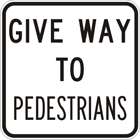
#3. Give way peds?
#4. You must report a crash to the police if:

#5. school zone
#6. When towing a car with a towline, what is the maximum permissible length of the towline?
#7. which of the following should you do when driving on a motorway
#8. In what order should the vehicles go through the intersection?
#9. When are you allowed to sound your horn?

#10. Stop circle?
#11. You must not have your headlights on high beam if...
High beam headlights
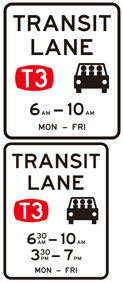
#12. Transit Lane T3

#13. ?
#14. in a marked bicycle lane...
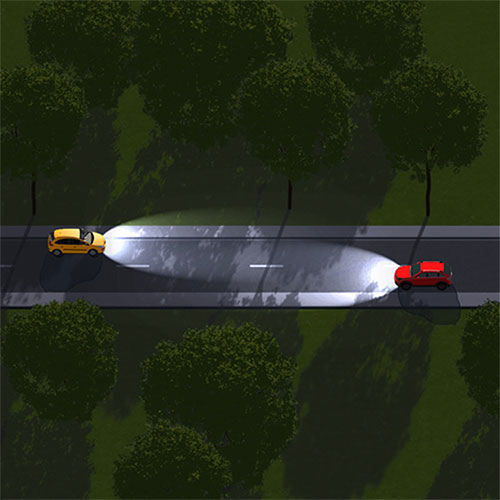
#15. You have your headlights on high beam and another vehicle is approaching. When should you dip your lights?
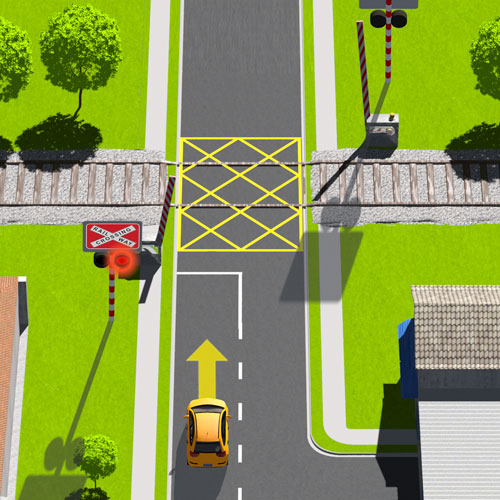
#16. A train passes over a rail crossing. The boom gates lift but the lights are still flashing. What must you do?
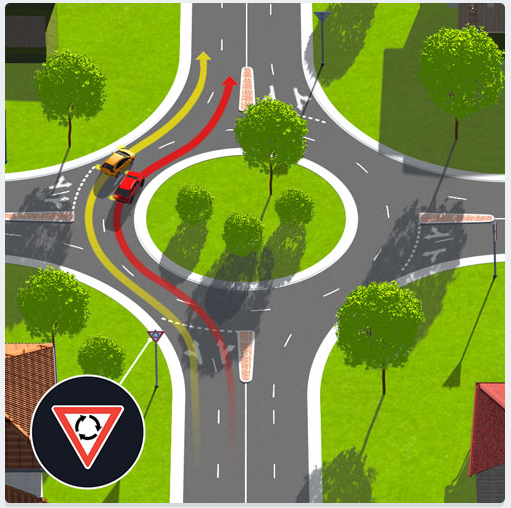
#17. Is this correct?
#18. Which one of the following statements is true for a learner driver?

#19. no more sharing?
#20. f you are involved in a crash, you must stop and if you are able, give your contact details to:
Crashes

#21. are they crossing?
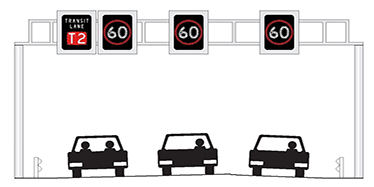
#22. Overhead lane control devices
Overhead lane control devices
#23. If you are driving a heavy or long vehicle, you must not park for more than one hour in a built-up area unless:
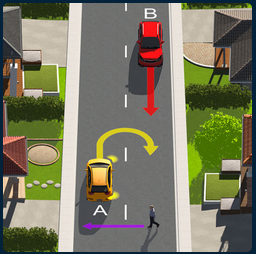
#24. Who must Vehicle A give way when making a u-turn?

#25. What does this sign mean?
#26. When a traffic light turns from green to yellow, you must:
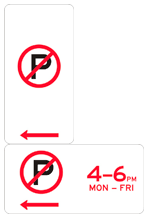
#27. No parking

#28. lets share 10?

#29. or another?
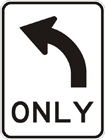
#30. bent arrow?
#31. How long should Vehicle A indicate before pulling into traffic?
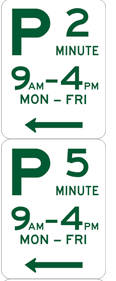
#32. The signs display parking information you need to know, they include:

#33. forty area
#34. Before you leave the vehicle you must:
Securing your vehicle
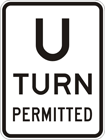
#35. me turning?

#36. Yellow light means...
Stop if it is safe to do so




#37. As a driver, you must wear a seatbelt:


#38. Excepted?
#39. Does the End Roadwork sign cancel out the reduced speed restriction?
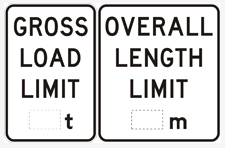

#40. Gross Load Limit
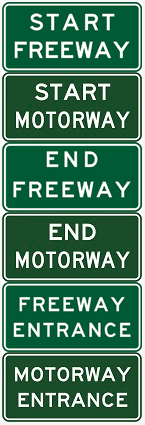

#41. Freeway Motorway
#42. Is a pillion passenger required to wear a motorcycle helmet?
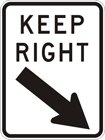

#43. corner?
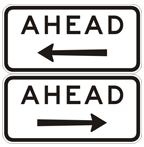

#44. Ahead
#45. If you are under 25 and hold a P1 provisional licence, how many passengers under 21 (other than immediate family members) are you allowed to have in the car between 11pm and 5am?


#46. bye lane?
#47. If you are driving a heavy or long vehicle, you must not park for more than one hour in a built-up area unless:
#48. What is the maximum blood alcohol concentration for a provisional licence holder?
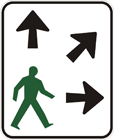

#49. triple fire?
#50. You are driving behind a truck that is signalling and starting to turn left. The truck is displaying a DO NOT OVERTAKE TURNING VEHICLE sign and is in the second lane from the left side of the road. You also want to turn left. What must you do?
#51. you must not do a U-turn...
U-turns


#52. Wrong way
#53. What is the maximum speed limit (unless otherwise signposted) in a built-up area?
#54. You can only use front or rear fog lights if...
Fog lights
#55. What is the maximum speed allowed for a heavy vehicle over 12 tonnes GVM?
#56. Motorcycle riders must ride:
#57. If you hold a provisional licence, your licence will be suspended or you will have to comply with a good driving behaviour option if you accumulate how many demerit points?
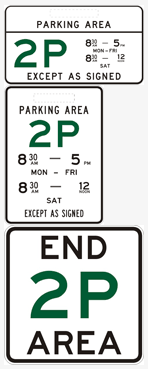

#58. These signs let you know what the parking restrictions are for the area and include:


#59. Give way bus arrow?
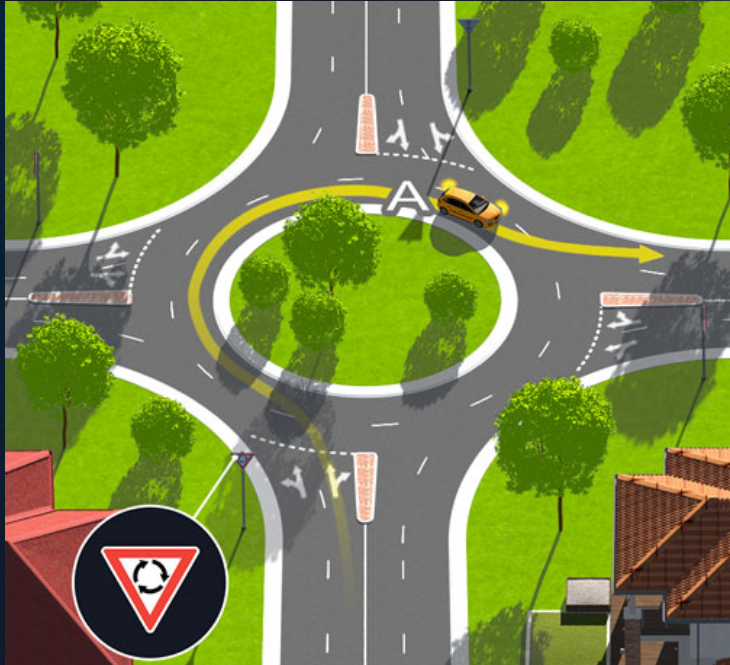

#60. Is this correct?


#61. No entry?
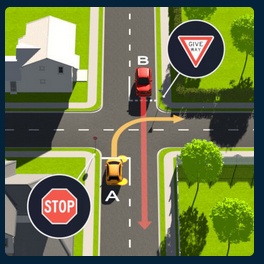

#62. Who gives way?
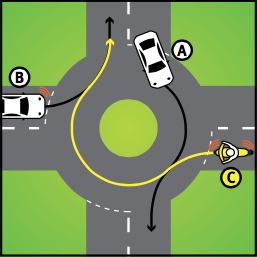

#63. You are riding vehicle C. You must give way to:
#64. When it is okay to drive in the irght-hand lane on roads with a speed limit of 90 km/h or more?
#65. Can a police officer stop you and require you to undergo a random breath test for alcohol when you are driving?


#66. What does this sign mean?


#67. Permit Zone


#68. What does this sign mean?
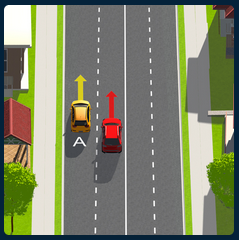

#69. Vehicle A needs to change lanes. What order of steps should the driver take before changing lanes?


#70. You are driving the vehicle in the diagram. In what direction must you travel?
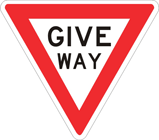

#71. ?
#72. Which of the following should you do when entering a tunnel?
#73. What distance are you allowed to drive in a special purpose lane, (not a bicycle lane) when entering or leaving a road?
#74. What should you do when someone overtakes you?
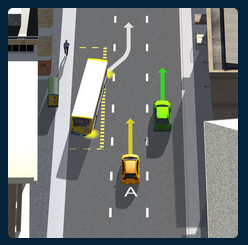

#75. In a 70km/h zone, vehicle A must give way to a bus if the bus is entering traffic from:
#76. You must not stop in a loading zone unless you:
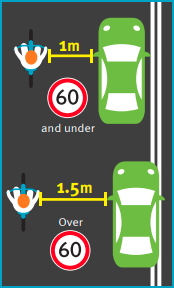

#77. If it is safe to pass a bicycle rider using the minimum passing distance rule, you are allowed to:
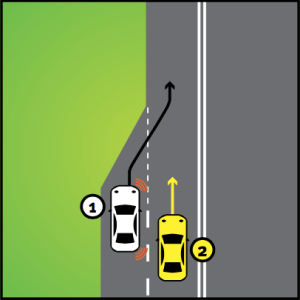

#78. You are driving vehicle 1 (white car). Your lane ends and you need to change lanes (there are line markings). Which is correct?
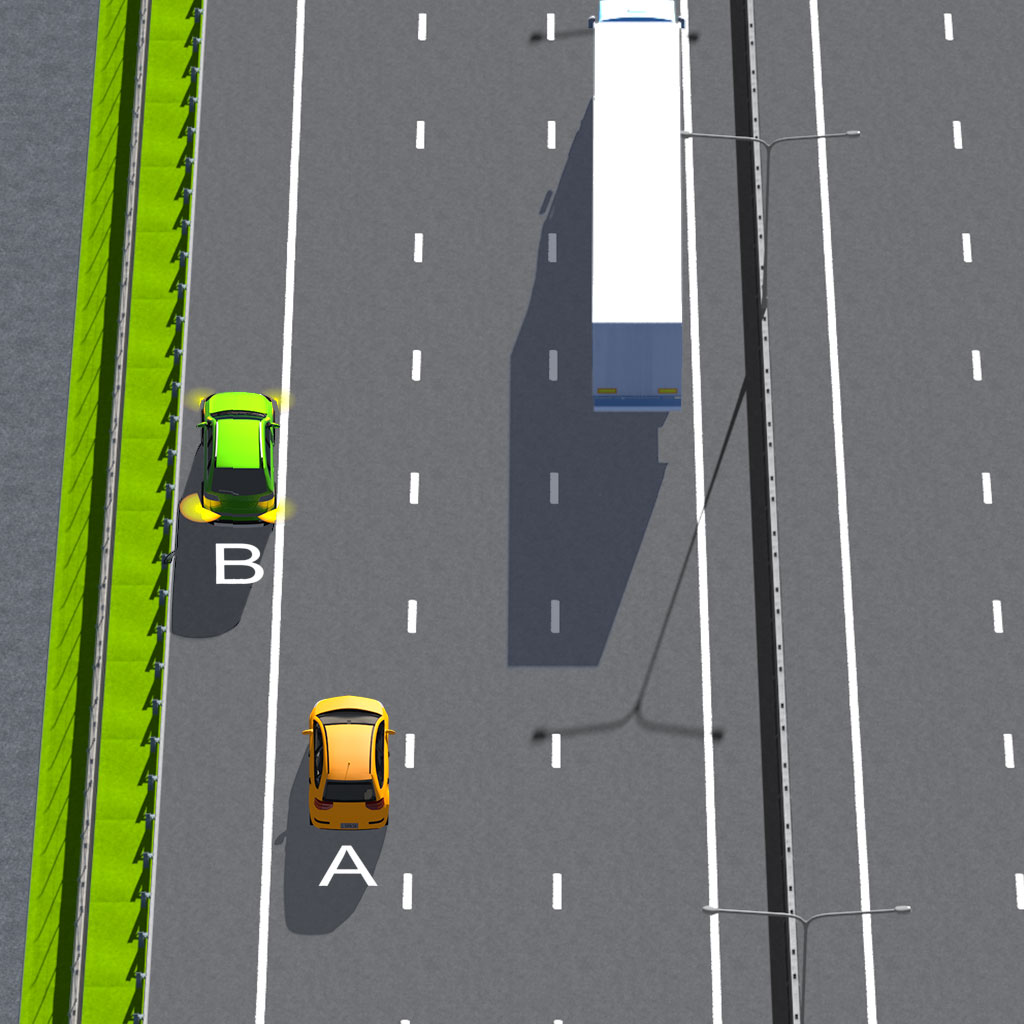

#79. Vehicle B has broken down on the side of a highway and called Vehicle A to help. Was this the safest thing to do?
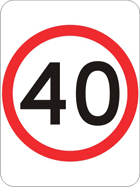

#80. Forty?


#81. Media Turning Lane
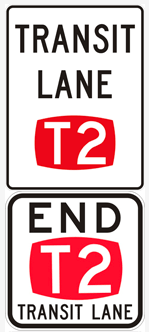

#82. T2 ?
#83. How often you should take a break while driving? every...
#84. A horse up ahead is out of control. The vehicle should pull over, turn off the engine, and:


#85. Vehicle A sees a red cross marked above its lane in a tunnel. What should the driver do?
#86. What does this sign mean?
#87. You can use a mobile phone that is held in your hand when sitting in the driver’s seat:
#88. Are you permitted to drive with your lights on high beam in a built-up area?
#89. At a railway crossing, when the boom gates are down and the red lights are flashing, you should:
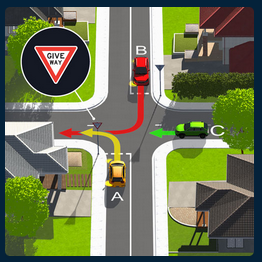

#90. In what order should the vehicles proceed?
#91. You are stopped at a children’s crossing displaying orange flags. You can drive on when:
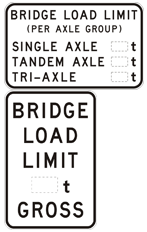

#92. Bridge load limit


#93. Who gives way?
#94. To turn right or U-turn you must:
Turning right or U-turns



#95. What type of motorcycle can be ridden under a class RE licence?
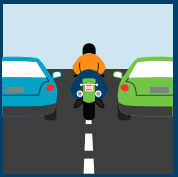

#96. Can motorcycle riders lane filter at any speed between stationary or slow moving vehicles going in the same direction as they are?
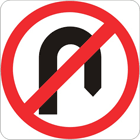

#97. Like a lockpad?
#98. if you are Going straight ahead in a roundabout, you must:
Going straight ahead



Another way of looking at roundabouts
#99. As a learner motorcycle rider, you:
#100. An emergency vehicle (for example, ambulance or fire engine) is sounding its siren and quickly approaching your vehicle from behind. You must:

#101. Does the End Roadwork sign cancel out the reduced speed restriction?
#102. Which one of the following statements is true?


#103. Rail way crossing
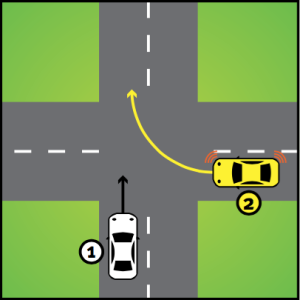

#104. Which car must give way?


#105. up and down? how?


#106. Who does Vehicle A give way to?
#107. If you are turning at an intersection, must you give way to pedestrians that are crossing the road you are turning into?


#108. Who gives way?
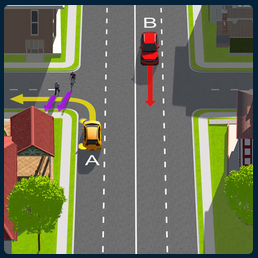

#109. What must Vehicle A do when turning left from a multi-lane road?


#110. You want to take the third exit. What you must do?
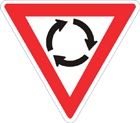

#111. What does this sign mean?
#112. You must have your headlights, tail-lights and number plate lights on when...
Lights


#113. end 40 area?
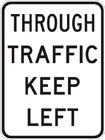

#114. keep left?
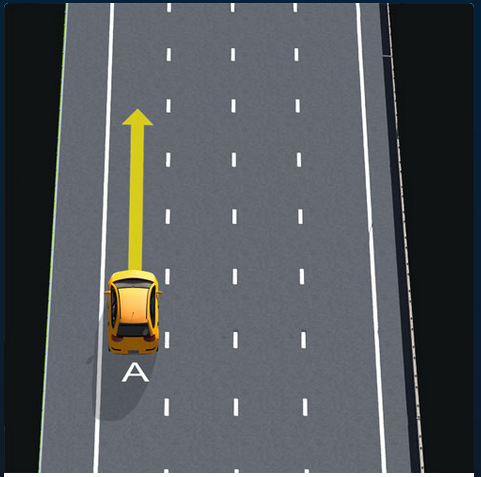

#115. The car A gets a puncture while driving in a tunnel. The car should pull over onto the side of the road and top driving
#116. to turn left in roundabout you must:
Turning left



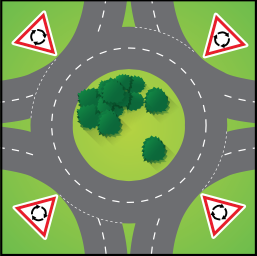

#117. You are driving your vehicle towards a multi-lane roundabout. You want to travel straight through the roundabout to the road opposite. What lane must you take?
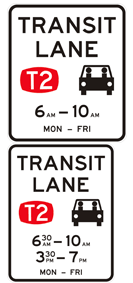

#118. Transit lane T2
#119. Which one of the following statements is true for a learner driver who is under 25?
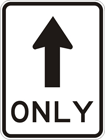

#120. only up to where?


#121. Road Work
#122. You can use a bus lane when you are operating...
Bus lanes
#123. What is the maximum breath or Blood Alcohol Concentration (BAC) for a learner driver?
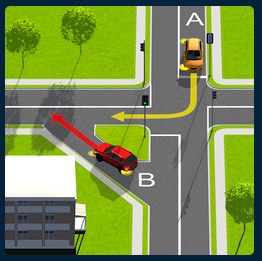

#124. Who gives way?
#125. Which two of the following statements are true for a driver with a P1 provisional licence who is under 25?
#126. When you are doing a U-turn...


#127. School zone
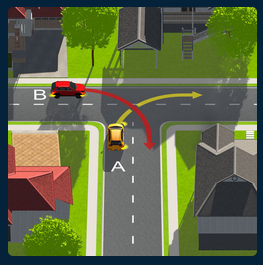

#128. Who gives way?
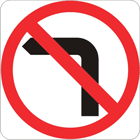

#129. A finger to the left?
#130. For how long must you hold your learner licence before you take your practical driving test?


#131. why right?
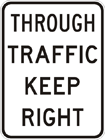

#132. Keep it?
#133. Does a school bus that operates outside or partly outside an urban area have to operate flashing warning lights when picking up and setting down passengers?
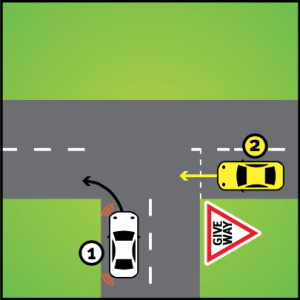

#134. Which vehicle goes first?


#135. What does this sign mean?
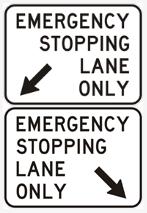

#136. Emergency Stopping lane only


#137. Is this correct?
#138. When travelling outside a built-up area on single-lane roads (but not in a road train area), what is the minimum distance to be maintained between long vehicles?
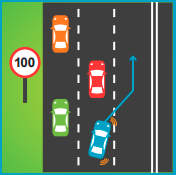

#139. I can always drive in the right hand lane on a multi-lane road, for example, a freeway, that has a posted speed limit of 100 km/h?


#140. T3?


#141. Hospital Zone
#142. If you are driving a car on a learner licence, you:
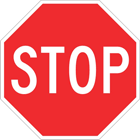

#143. What this sign means?
#144. What is the minimum rest period for a solo driver of a fatigue-regulated heavy vehicle who has completed 12 hours work operating under standard work and rest arrangements?
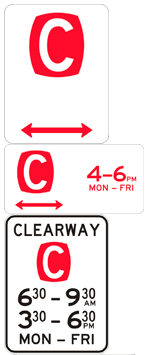

#145. Clearway
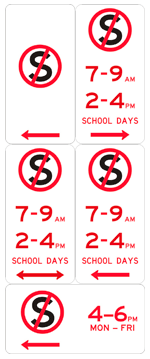

#146. S?
#147. Can you legally drive over the speed limit?


#148. vehicle A picked a wrong lane to go right, can it change lanes in the roundabout?
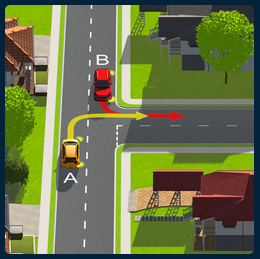

#149. Who gives way?
#150. When entering a freeway using an on-ramp:
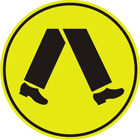

#151. shoes?


#152. wait for it...
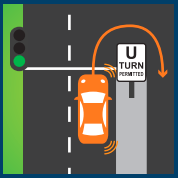

#153. Can you do a U-turn at traffic lights?
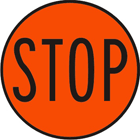

#154. Stop


#155. You may be faced with this sign, held by a school crossing supervisor, as you approach a school crossing. What should you do?
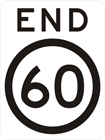

#156. End 60?
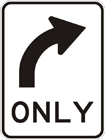

#157. bent arrow


#158. Who gives way?
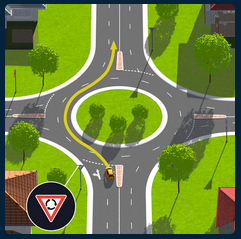

#159. What do you do when driving straight ahead at a roundabout?
#160. Where the road is marked with two continuous dividing lines, when may you cross the double lines?
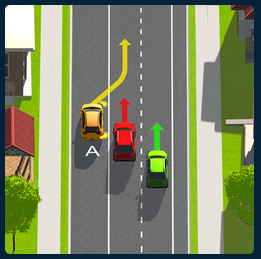

#161. Vehicle A is parked and wants to pull out into traffic. Vehicle A must indicate:
#162. To safely make a U-turn, you must:
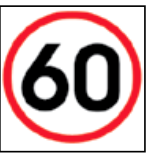

#163. What does this sign mean?
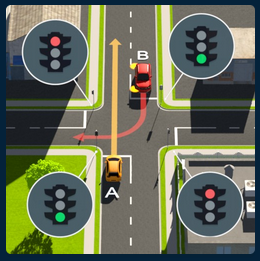

#164. Who gives way?
#165. You can do a U-turn at an intersection with traffic lights:
If an illuminated red diagonal cross is flashing above your lane, you must leave the lane as soon as it’s safe to do so.
Yellow traffic light
Examples of yellow arrows
Turning right or making a U-turn at a roundabout
Going straight ahead through a roundabout
Turning left at a roundabout



